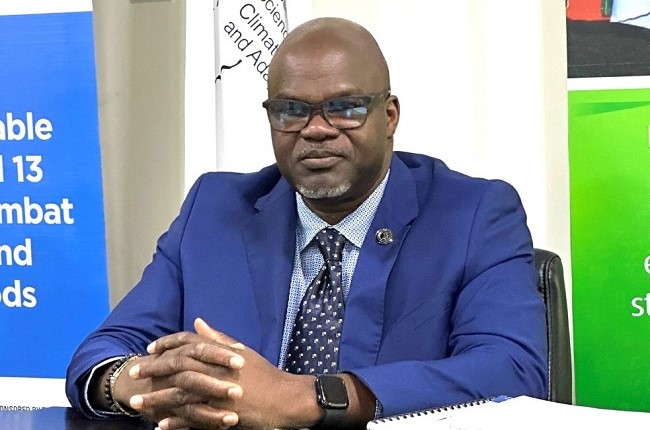Unlocking Nigeria's Green Ammonia Potential for Sustainable Agriculture and Energy Production
Key Ideas
- By 2060, Nigeria could generate four million tonnes of green ammonia annually, enhancing food security and creating green jobs.
- The Nigeria4H2 project aims to harness green hydrogen potential for transportation, electricity, and fertiliser production.
- Integration of green hydrogen into agricultural policy can boost productivity, reduce reliance on imported fertilisers, and strengthen national food security.
- There is a call for clear regulatory frameworks, public-private partnerships, and technology transfer to realize Nigeria's green ammonia potential.
The West African Science Service Centre on Climate Change and Adapted Land Use (WASCAL) emphasized Nigeria's capability to produce four million tonnes of green ammonia yearly by 2060. This potential was highlighted during the Nigeria4H2 Project Results Workshop in Abuja. The initiative, conducted in partnership with various institutions, focuses on evaluating Nigeria's green hydrogen prospects for energy and agriculture. Prof. Emmanuel Ramde highlighted the role of renewable energy, particularly green hydrogen, in Nigeria's energy transition and agricultural sustainability. By leveraging green ammonia production, Nigeria aims to support farmers, enhance food security, and create green employment opportunities. The project scenarios suggest that with strategic investments and regulatory frameworks, Nigeria could become a significant producer of green ammonia, meeting domestic demands and contributing to the global green economy. The need for a national green hydrogen strategy, public-private collaborations, and technology transfer was emphasized to unlock this potential. The Energy Commission of Nigeria echoed the importance of tax incentives, partnerships, and capacity building to accelerate hydrogen technology adoption. Aligning with President Bola Tinubu's agenda, Nigeria seeks to establish a robust National Hydrogen Policy to drive its green energy strategy towards a sustainable future.
